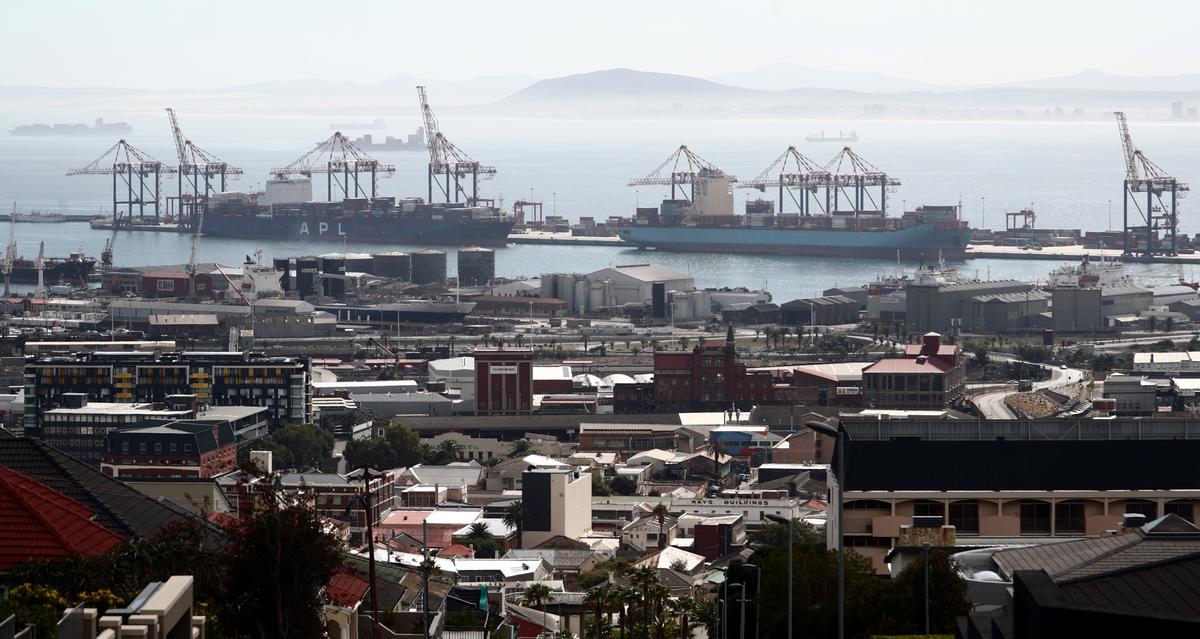(Reuters) – From Africa to Asia and Latin America, emerging countries disproportionately bruised by the COVID-19 pandemic are allowing some key industries to start back up in a bid to soften the economic blow.
Container ships wait to load and offload goods in port during a 21-day nationwide lockdown aimed at limiting the spread of coronavirus disease (COVID-19) in Cape Town, South Africa, April 17, 2020. REUTERS/Mike Hutchings
This tentative unlocking highlights the balancing act for developing nations as they seek to protect their people while averting an economic collapse some fear could do more damage than the disease itself.
While academic study of COVID-19 containment policies is in its infancy, one model by Yale economists argues social distancing measures deliver far fewer benefits, at much greater economic cost, in poorer countries.
“They’re battling competing tensions. It’s being framed as lives versus livelihoods,” said Ronak Gopaldas, director of Africa-focused consultancy Signal Risk.
Unlike wealthier economies, developing countries cannot afford to spend trillions of dollars protecting people and businesses from the economic fallout of the pandemic. That has prompted some to start reopening key sectors.
“What’s clear is that lockdowns can’t go on forever and they’re having to strike a balance between safety and productivity,” said Gopaldas.
South Africa announced on Thursday it will allow mines to operate at 50% capacity during its lockdown, allowing workers to be called back gradually.
Mining contributed 360.9 billion rand ($19.74 billion), around 7% of GDP, to the economy in 2019. Amid mass unemployment, it provides more than 450,000 jobs.
Getting mines back to full production will take weeks, said Jacques Nel, of research firm NKC African Economics. But opening them early is essential.
“Some countries are going to recover quicker than others,

